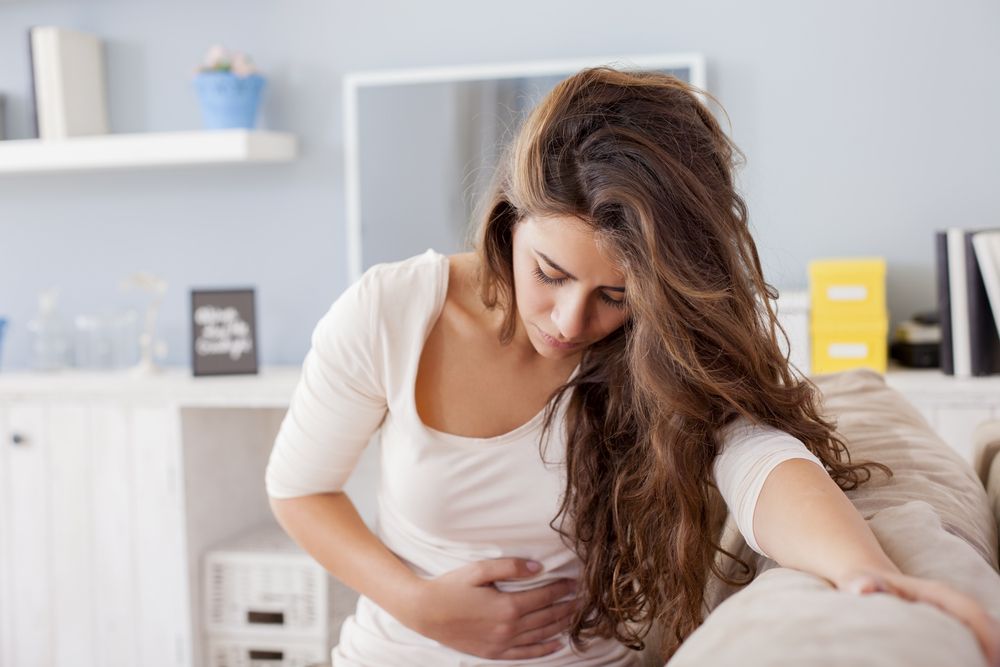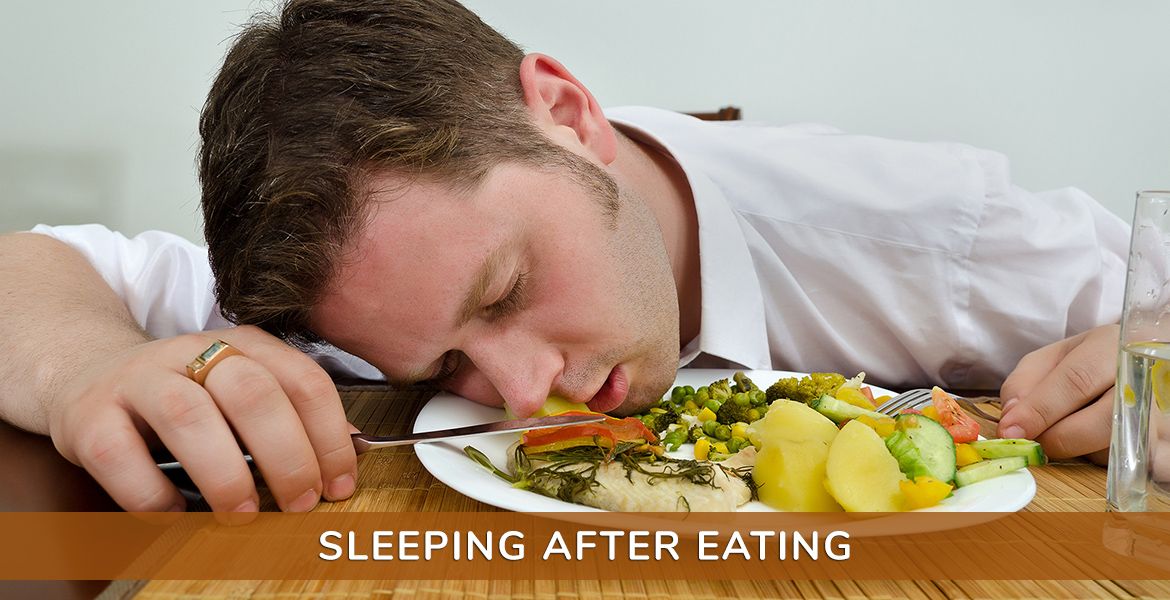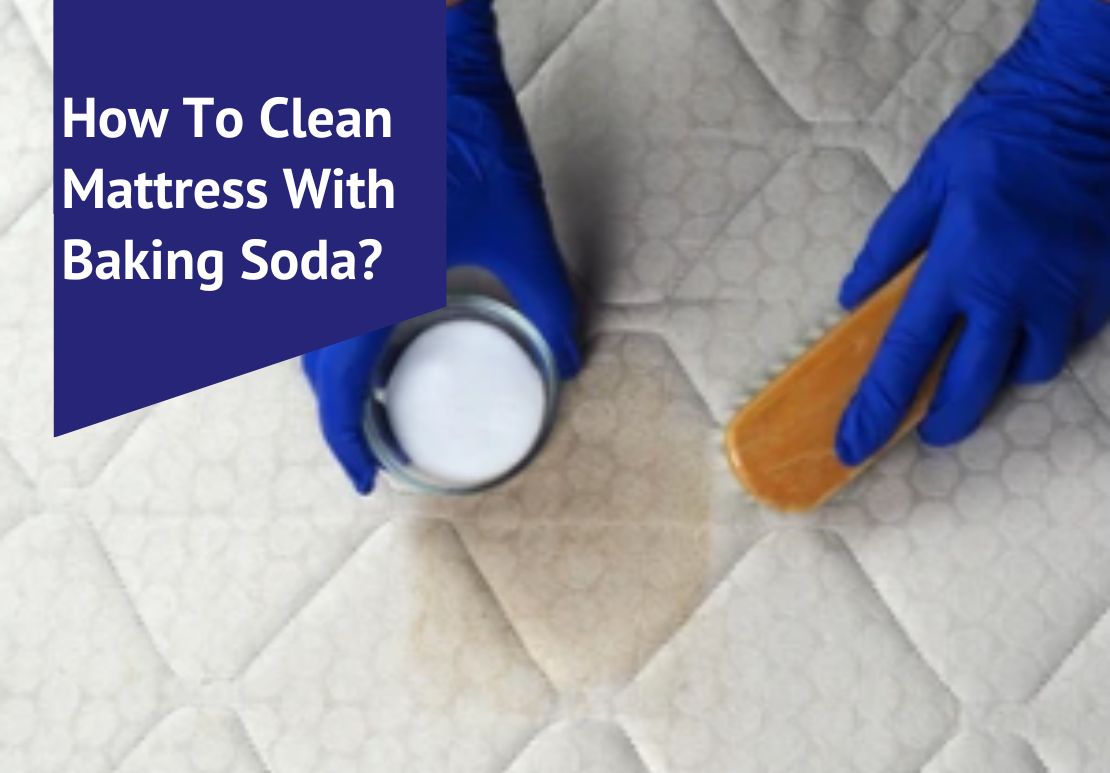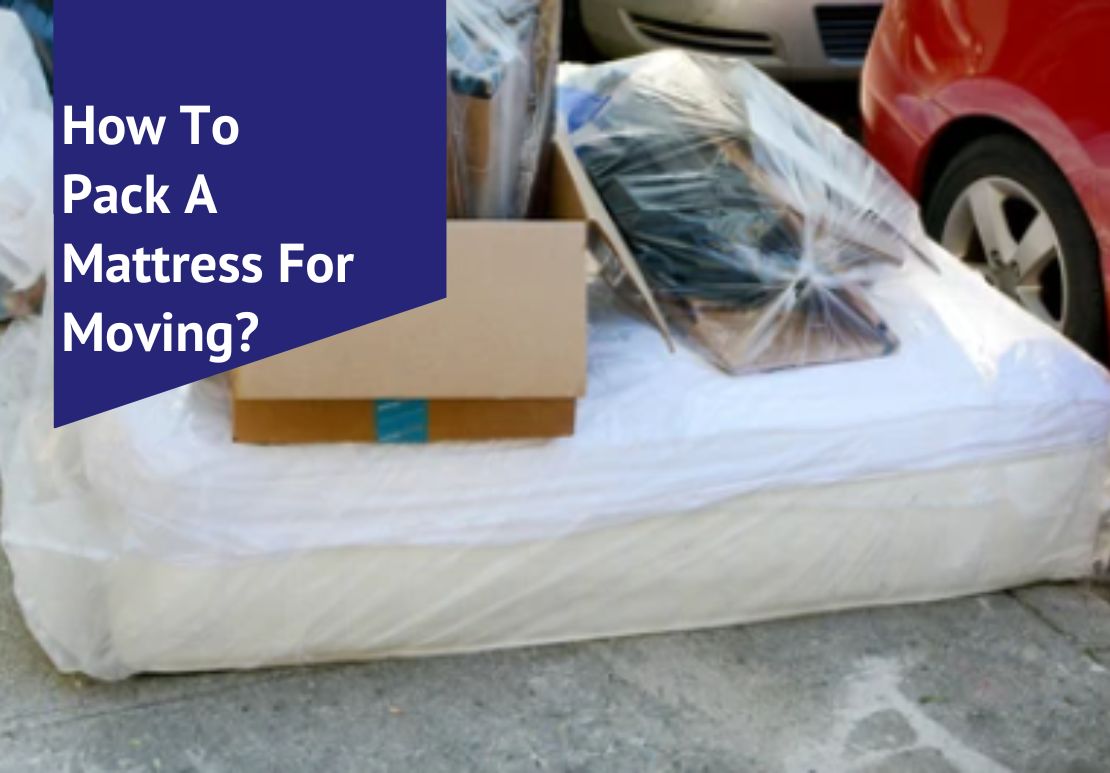There is a ton of conflicting advice regarding whether or not you should sleep after eating. Some say a nap is just the thing so you’ll feel refreshed and ready to go, while others warn that sleeping after eating can lead to weight gain and other problems. So, how do you know what to believe, especially when sometimes it’s experts on the matter who seem to disagree?
To determine whether it’s good or bad to sleep after eating, you have to first understand how the body functions regarding sleep cycles as well as eating and digestion. While you don’t have to be an expert on biology or a nutritionist, this is the sort of information everyone should be equipped with to better care for their bodies and live a happier, healthier life anyway. Let’s explore first why you feel sleepy after you eat so you have a better grasp on what your body is doing while it digests.
Table of Contents
Time for Siesta
It happens to the best of us – we’ve been working hard all morning and gotten hungry, eaten a good, solid, healthy lunch (or maybe not so healthy), and then instantly regretted it. Your momentum goes down, your drive takes a hit, and you have a hard time keeping your eyes open, regardless of the fact that you actually got eight hours of sleep last night. You just can’t stay awake, and you find yourself hitting the coffee machine or taking a lap around the office to try and recover.
First, there is nothing wrong with you – this is absolutely normal and has a lot to do with how your body works. This is actually a result of your body going into full force digestive mode. How does this make you sleepy?

During the day, you have blood flowing in a regulated fashion to all your organs. However, after you finish eating, your brain signals that it’s time to direct that blood flow away from most of your organs and only into the organs of the digestive system. Red blood cells are required to help digest that food, and the more of them your brain directs to the process, the faster your metabolism will process the fuel your body needs and get your energy back on track.
However, in the meantime, all the other organs of your body are blood deprived, including your brain (and you thought sleep deprivation was bad!), which leads to lethargy and a fuzzy head. This makes you drowsy, and you’ll find it difficult to stay awake until the process slows and blood – rich with the digested nutrients – begins to flow back to your brain and other organs.
So, in Europe, many countries have siesta – the 2 or 3 hour break after lunch during which many businesses shut down and people nap. But the question remains whether or not this is a healthy decision. Let’s consider the idea that sleeping after eating causes you to gain weight, and then we’ll examine other issues that may be of concern.
Weight Gain and Sleep
The direct correlation of going to sleep after eating immediately is completely false. While there are other aspects that relate the two, there is a different truth to any weight gain. Here’s the hard facts:

- It doesn’t matter when or how much you sleep in terms of weight gain and loss – with the exception of the fact that it helps your body maintain homeostasis for better metabolic processing if you get the proper amount of sleep.
- It does matter how much activity you have during waking hours, since weight gain is caused by consuming more calories than you use. Even if you consume 3,000 calories right before going to bed, you won’t gain weight if you’ve burned all the calories you’ve taken in during the day already, including that last 3,000.
- Your body can digest more easily when you’re awake, so it might take longer for food to digest if you sleep, and this can affect the feelof the weight on your body.
Of course, weight gain isn’t the only reason to be concerned about going to sleep after eating. In fact, there are still plenty of reasons to avoid the habit, most of which have direct health risks involved.
You may also read: How to Fall Asleep Fast
Gastrointestinal Distress
Most of the problems that come with immediately sleeping after eating involve your digestive tract and the gastrointestinal organs. That’s because these are the ones working hard right after you finish a meal or a snack.

When you sleep, your organs go into a rest period, not working as hard, and that means you can have a great deal of food still ‘sitting’ in your digestive tract, possibly even backed up all the way into your upper stomach and esophagus. This causes direct harm to your digestive system as it slows down, and while you may be uncomfortable, there are much more dangerous risks to consider.
Heartburn

When you lie down on a full belly, chances are your stomach is working hard to dissolve everything you’ve put into it, which requires excessive amounts of acid. Lying down during the process can cause that acid to back up into your throat and chest – otherwise known as heartburn. This is associated with sour taste in the mouth and burping, all of which makes it harder for you to sleep and can leave a raw feeling in your throat or burning sensation in your chest.
Acid Reflux
Also known as GERD (gastroesophageal reflux disease), acid reflux causes similar symptoms to heartburn, only worse, and are related to the valve that sits between the stomach and the esophagus. If it doesn’t close properly, the acid easily moves back up through your esophagus and into your chest and throat.

When you try to lie down on a full stomach, with the additional acid build up that you need to digest the food, you irritate this condition severely, and it can lead to painful burning sensation in the chest, throat, and mouth. It can lead to nausea, choking, and vomiting as well.
The disease is persistent, and it needs to be treated, since continued symptoms can lead to permanent damage in the esophagus and to the mucous membranes in your throat. Because there is a greater chance of acid backing up right after you eat, and even greater probability it will leak through the open valve if you lie down, trying to sleep after eating can cause a great many complications with this condition.
Learn more about: How Many Sleeping Pills Does It Take To Die?
Stroke
While this seems like an extreme result for such a small taboo, a study nonetheless showed a correlation between immediately sleeping after eating and strokes. In the study, a group of 500 people – half of which had previously suffered a stroke and the other half having been diagnosed with Acute Coronary Syndrome (defined as a condition which is brought on by sudden reduction or blockage of blood flow to the heart but not categorized as stroke or heart attack) – were compared, and it was determined that those who waited at least four hours after eating to sleep were at less risk for stroke.

Is this a stretch? Not really, since acid reflux is correlated with sleep apnea, which in turn, is a strong indicator of risk of stroke. Therefore, to be on the safe side, it’s crucial to consider that you may want to wait to sleep until several hours after you eat.
When Is It Okay to Sleep?
Let’s go back to the digestive process to determine when you can finally rest your head after eating.

Your body takes around 2 to 3 hours to completely digest a meal, perhaps less for smaller, snack-sized meals. Some people’s metabolisms are faster or slower, but on average, it’s safe to wait at least 3 hours after eating to lie down and sleep.
If you find that you’re hungry shortly before bed and are used to snacking, you’ll first want to avoid those heavy carb laden snacks, such as chips, cookies, and leftover tacos and pizza. If you must eat shortly before bed – and some people really do need to ingest a few calories about 30 minutes before sleeping – look to foods that are quick and easy to digest. Blueberries, avocado, and carrots make great ‘midnight snacks’ since they are light and don’t take a great deal of work for your body to process. You can also try something like a single serving of whole grain crackers with cottage cheese.
Conclusion
While it’s not going to affect your weight to go to sleep after eating, there are other health risks involved that should be taken seriously, especially if you already have problems with digestion or a family history of stroke. Consider eating dinner at least 2 to 3 hours before bedtime, preparing easily digestible snacks for pre-bed consumption, and avoiding heavy foods for your latest meal. Avoid napping after a large lunch, taking the time to go for a walk and burn off some calories instead. You’ll feel lighter on your feet and, perhaps even truly be lighter with the added exercise.






